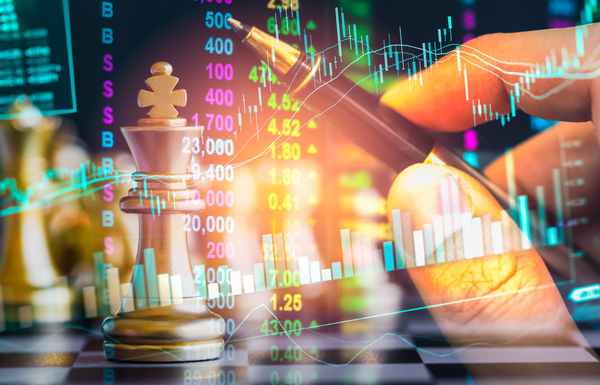Trading volume, or the total number of shares of a security or ETF that were traded during a period of time, can offer investors indicators of market sentiment.
Average daily trading volume is typically calculated over 20 to 30 days, but can be measured over any span of time, according to Corporate Finance Institute.
Trading volume represents the overall activity of a market and is treated as a technical indicator. Investors can use trading volume to identify an emerging or growing trend, or a trend reversal.
Trade volume can also help an investor determine the liquidity of a security. A higher trade volume usually indicates a more liquid security, but there are exceptions.
It is easier to sell a stock or ETF when trading volumes are high and the price is rising, as opposed to a stock or ETF that is not traded very often, which represents limited interest from investors.
Trading volume can legitimize a security’s price action, which can then guide an investor’s decision to either buy or sell that security.
Although the relationship between trading volume and price is complex, as trading volume increases, the price generally increases as well.
Weakness in the current trend, and a possible reversal, can be spotted when there is no correspondence between the trading volume and price. That indicator can signal when an investor may want to sell due to low activity.
A reversal can be spotted in the case of a security’s price increasing while volume is decreasing, suggesting a lack of investor interest and potentially an impending reversal.
Other times, trading volume may increase for unrelated reasons, such as stock splits.
The Invesco QQQ Trust (QQQ ), the second most-traded ETF based on average daily volume traded within the U.S., has long been considered one of the most liquid ETFs on the market.
The medium bid/ask spread for QQQ for the past 30 days was 0 basis points, as of January 25.
QQQ’s high levels of trading and low bid/ask spreads are benefits that have historically led to low transaction costs for the ETF.
For more information, visit Invesco.
For more news, information, and strategy, visit the ETF Education Channel.

